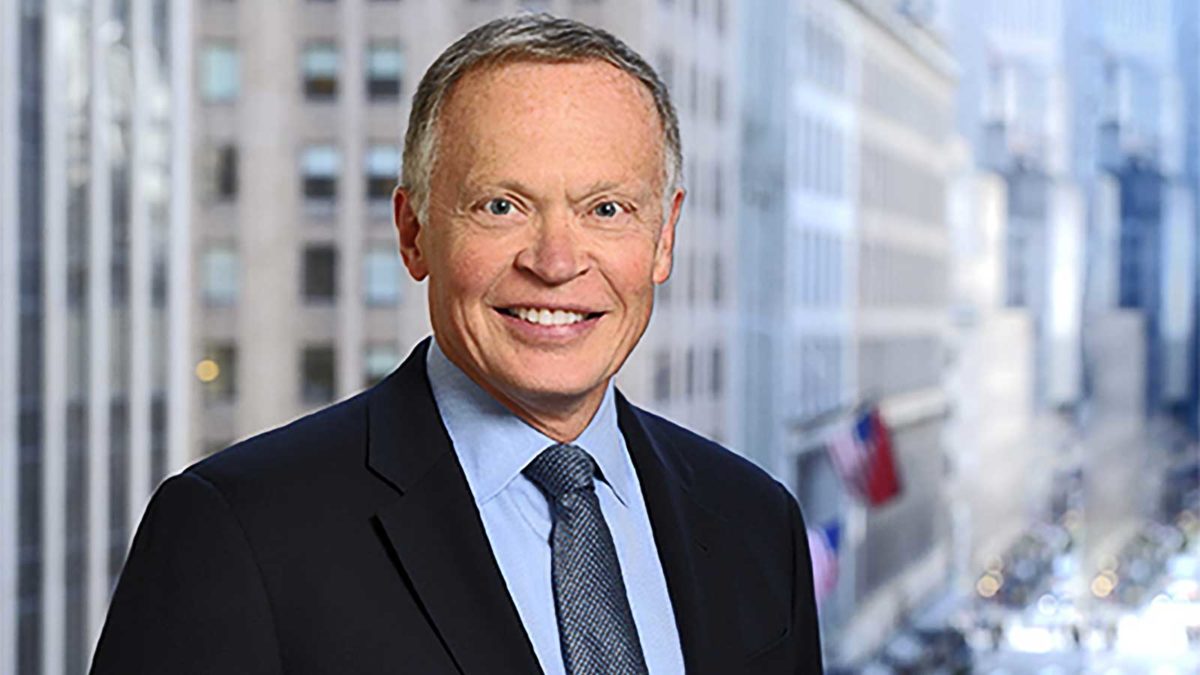The world still needs more oil: Pzena
Investors are focusing too heavily on the transition to renewables and aren’t seeing the catastrophic implications of a short fall in oil supply, according to Pzena Investment Management.
In recent times, a number of institutional investors have made waves by announcing sweeping divestments from fossil fuels like oil and thermal coal. But investors are pricing a much stronger transition to renewables than is likely, and there soon won’t be enough oil supply to meet demand – which has peaked, but just won’t go down as fast as everybody seems to think.
“Some people think it’s evil to encourage any oil exploration or production or gas exploration or production,” says John Goetz, co-CIO of New York-based value investor Pzena Investment Management. “I think it’s equally evil to have $200 oil, so that the poorest of populations around the world are in a great deal of hurt.”
“Even in an affluent economy like the United States, people are screaming on the low end, because when they make $10,000 a year, fuel is a huge per centage of their income. High oil prices are a regressive tax on the poor. In order to meet this demand, there is going to need to be investment to bring down the high oil price we already have.”
Indeed, even in a scenario where the world “pulls out all the weapons” by converting home heating from gas, cars to electricity, reinsulating buildings, and doing “everything we can” to meet the limitations of a 1.5 degree temperature rise – the world would still need new investment in oil.
“That’s the point that oil bears missed when we went into the shock of Covid. We were already spending about half of what we needed to maintain oil supply – we’d been underspending and underinvesting for several years before 2020 – and then we had that demand drop because we all locked ourselves in our homes,” Goetz says. “This will end. If we think oil prices are high today, wait until everybody gets on the road. It’s kind of scary, to my mind.”
Which isn’t to say that transitioning to renewables isn’t in the best interests of traditional energy companies and their investors – it’s just that the best transition plan “isn’t to starve everybody of energy”. Other companies are caught flatfooted when they assume growing demand for renewables automatically entails profit for a company that is unfamiliar with the competitive dynamics of the new industry.
“The problem is they don’t know the cost structure or the demand,” Goetz says. “They think “build it and they will come” – all the governments are yelling at them to do it. The governments can’t make sure it’s profitable because all their constituencies would revolt over that too.”
“The reality is companies make a big mistake when they say they’re going to enter a growing field without understanding their competitive advantage. The problem with the idea that everybody should do the right thing and overinvest in renewables is that it doesn’t work out. You say you’ve got plans and make commitments and then you can’t fulfil them because you’re bankrupt.”
The companies best positioned to transition are those that exploit areas adjacent to their business; those that are good in offshore oil development and services will probably be part of the solution to offshore hydrogen and fuel cells. In the case of Royal Dutch Shell, which Pzena invests in, the lowest carbon plan possible means getting out of coal and oil and into transition fuels like LNG.
“Capital markets are efficient, and good players will be rewarded and bad players will be destroyed,” Goetz says. “We don’t want to get into situations where you’re going to get your head handed to you just in the name of being a good ESG company.”











